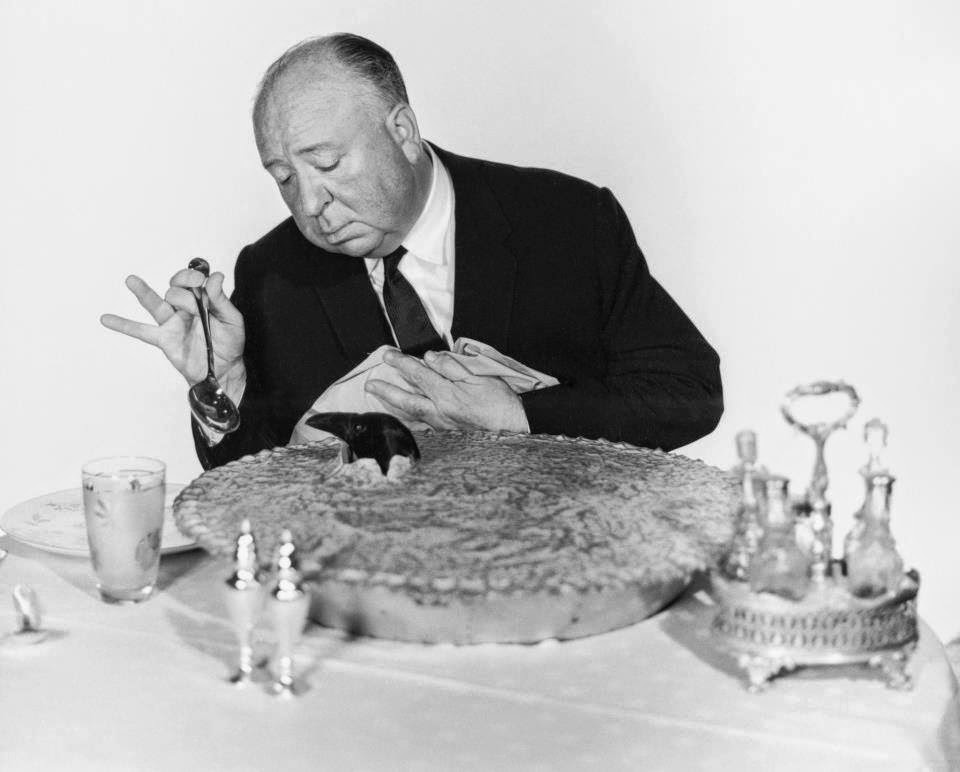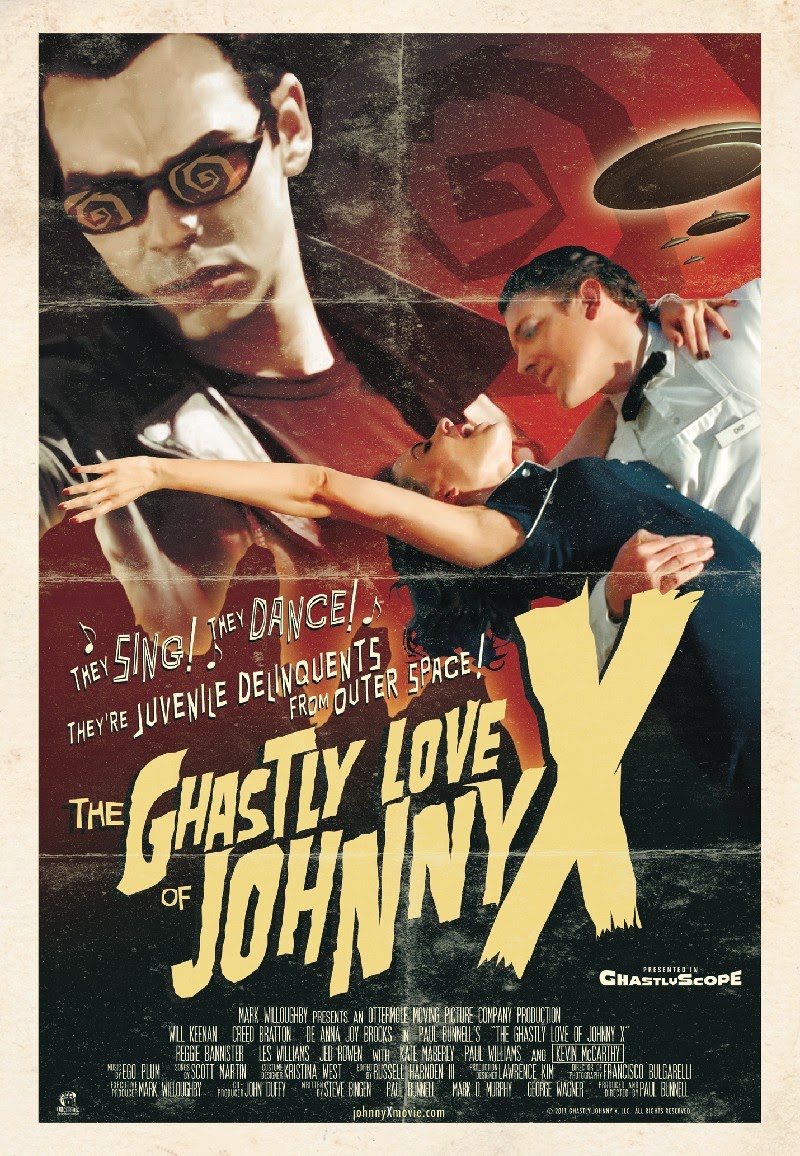The Great Race of Dorian Gray
Got a couple of blu-rays from Warner Archive to talk about this week. Due to life things, I only recently had a chance to watch them. One is a title most appropriate for this time of year, and one I had seen before. The other title is a film I knew only by reputation, but was most pleased to welcome to my zeitgeist. Let’s dive in with that October appropriate one—MGM’s 1945 adaptation of Oscar Wilde’s “The Picture of Dorian Gray.”
Whenever MGM would adapt a literary classic they always made an effort to make it one of their prestige films of the year—keep in mind MGM was the studio that was THE prestige studio of Classic Hollywood to begin with. “The Picture of Dorian Gray” is one of those films, even in the marketing for the film, you can sense MGM not being sure how to sell it. They didn’t know if it should be marketed as a horror film, a dramatic thriller, or a romance. The horror elements are a bit downplayed in the marketing—horror was a well MGM rarely dipped their toes in.
Marketing aside, MGM did turn out a truly fine film, that won that year’s OSCAR for best cinematography. The film features a stellar cast: George Sanders, Donna Reed, Peter Lawford, Hurd Hatfield, and a young Angela Lansbury in her second film role. “The Picture of Dorian Gray” was a pet project of its writer/director, Albert Lewin, who for years had been wanting to adapt the Oscar Wilde novel. The film looks beautiful, with photography that gives it Noir tones. A most effective trick the film features are key moments when the portrait of Dorian Gray is shown it jumps from black and white to vivid, three strip Technicolor.
Warner Archive’s blu-ray of “The Picture of Dorian Gray” features a very sharp, rich 1080p image, with a crisp DTS-HD Master Audio Mono soundtrack. Bonus features from the DVD release are ported over, including a very informative commentary track by Angela Lansbury, with film historian Steve Haberman. If you’re a fan of the film, or the novel, this one is worth your time.
I am most sad to say that it has taken me this long to finally see “The Great Race,” Blake Edwards’ 1965 tribute to silent film comedy (the film opens with a dedication to Laurel and Hardy). As I was watching the film I kept thinking to myself “ten year old me would have loved this,” and “this is very much like a live action, steampunk version of Wacky Races.” The latter of these facts turned out to be more in tune than I realized—the film supposedly did inspire Hanna-Barbera to create the 1970s animated series.
The film is centered around a rivalry of two daredevils of the early 1900s, The Great Leslie, played by Tony Curtis, and Professor Fate and his henchman, Max—played by Jack Lemmon and Peter Falk, respectively. To bring this rivalry to an end, Leslie proposes a race—stretching from New York to Paris. Suffragette Natalie Wood joins in, demanding to a non progressive newspaper editor that she cover the race. After several tries, she winds up convincing him to let the paper sponsor a car so that she may take part in the race.
Coming on the heels of the granddaddy of roadshow comedies—“It’s a Mad, Mad, Mad, Mad World”—“The Great Race” is another full-blooded roadshow film. Shot on 65mm film, with roadshow screenings on 70mm, the blu-ray from Warner Archive includes it all—overture, intermission, entr’acte, and exit music—all by the film’s composer, the great Henry Mancini. The film runs just shy of three hours at two hours, forty minutes. I had feared that it wouldn’t be able to keep pace up during that running time—but it’s such a delightful romp, you don’t notice it, and in the end it packs a great deal into that time frame.
On blu-ray “The Great Race” really shines. The wide, Panavision frame is full of clarity and vibrant color. Those 70mm roadshow prints featured a six channel soundtrack, which is included in as a 5.1 DTS-HD Master Audio track—which sounds fantastic, with most of the audio in the front three speakers, common to six channel tracks of the time. The film was a disappointment at the box office—after having cost Warner Brothers $12 million dollars—making it the most expensive comedy of the era. However, “The Great Race” has been embraced on home video and TV airings, and was such a delight to discover, that I highly recommend you seek this one out. I think you’ll dig it. See you next week.


Comments
Post a Comment